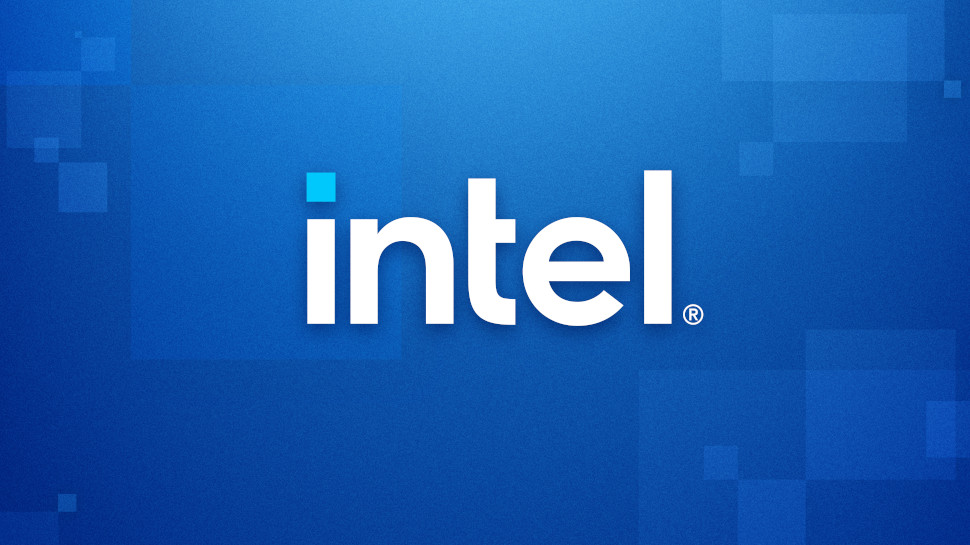Intel unleashes new Xeon processors for the network and edge
Meet the Intel Xeon D-2700 and D1700

Intel has unveiled new Xeon processors designed specifically for network and edge deployments.
The new Intel Xeon D chips are built on the company’s Ice Lake platform and feature integrated AI and crypto acceleration, built-in Ethernet and various other features that cater to common network and edge workloads.
Ahead of MWC 2022, Intel told TechRadar Pro and other media that the new chips deliver “breakthrough performance” across use cases such as security appliances, enterprise routers and switches, cloud storage, wireless networks, AI inference and edge servers.
New Intel Xeon chips
Targeted at enterprises, cloud vendors and CSPs, the Intel Xeon D-1700 and D-2700 are purpose-built to operate in the rugged, and space- and power-constrained environments found at the edge, says Intel.
The D-1700 is scalable from four to ten cores and the D-2700 from four to twenty cores, which offers customers a broad performance range that should service all common use cases. The new chips also feature up to 64 PCIe 4.0 lanes and up to 100GbE in Ethernet throughput.
In terms of performance improvements over comparable previous-generation chips, Intel says the Xeon D series offers up to 2.4x improvement for visual processing inference (an increasingly popular edge workload), and up to 1.7x performance uplift for complex networking workloads like 5G UPF.
“As the industry enters a world of software-defined everything, Intel is delivering programmable platforms for networking and the edge to enable one of the most significant transformations our industry has ever seen,” said Dan Rodriguez, who heads up the Network & Edge group at Intel.
Are you a pro? Subscribe to our newsletter
Sign up to the TechRadar Pro newsletter to get all the top news, opinion, features and guidance your business needs to succeed!
“The new Intel Xeon D processor is built for this. Based on the proven and trusted Intel architecture, this processor is designed for a range of use cases to unleash innovation across the network and edge.”
Separately, in an effort to shore up its dominant position in the vRAN space, Intel also announced architectural enhancements for the Sapphire Rapids core.
The company says its next-generation chips will benefit from 5G-specific signal processing instruction enhancements that deliver up to 2x capacity gains for vRAN and support advanced capabilities that will allow for vRAN to be deployed in the most inhospitable environments.
We can also expect new additions to the Sapphire Rapids family, featuring integrated acceleration optimized for vRAN workloads, which will supposedly offer customers greater opportunity for optimization.
- Check out our lists of the best business smartphones and best mobile plans for business

Joel Khalili is the News and Features Editor at TechRadar Pro, covering cybersecurity, data privacy, cloud, AI, blockchain, internet infrastructure, 5G, data storage and computing. He's responsible for curating our news content, as well as commissioning and producing features on the technologies that are transforming the way the world does business.